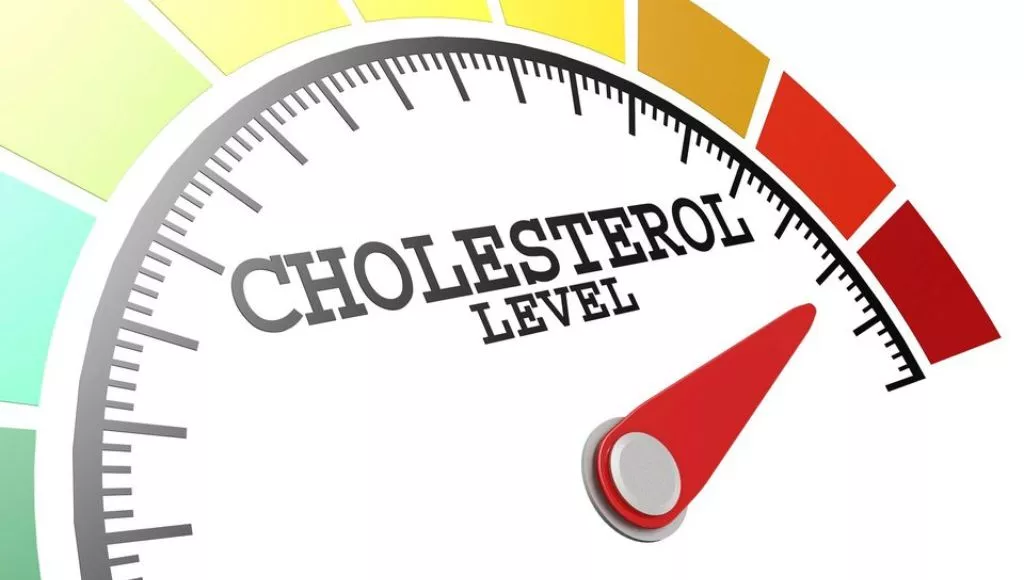Cholesterol is present in your blood, and It helps build healthy cells in your body. Low levels of cholesterol can affect your health. Imbalanced cholesterol, especially high LDL cholesterol, can cause serious health issues. Various factors cause these imbalances. This article aims to provide multiple methods to control cholesterol levels.
Understanding Cholesterol
Cholesterol is not a foul substance. It is critical in making cell membranes and producing certain hormones. Two main types of cholesterol play crucial roles in cardiovascular health.

These two types are:
- High-density lipoprotein: HDL is often known as good cholesterol. It helps in transporting cholesterol to the liver. Lower levels of HDL can worsen health.
- Low-Density-Lipoprotein: LDL is popularly known as bad cholesterol. It collects cholesterol and blocks blood vessels—high LDL levels cause severe health issues.
In order to maintain the cholesterol levels, it is necessary to maintain the balance between both types, which is to reduce the level of LDL and increase the HDL.
The Importance of Cholesterol
One can prevent heart disease and stroke by keeping the cholesterol levels healthy. High levels of LDL cause plaque to build within the arteries, increasing the chance of cardiovascular incidents.
However, high HDL cholesterol levels can reduce the risk of heart problems. The main thing in cholesterol management is not necessarily reducing LDL but increasing HDL. However, a balance between both can fix the cholesterol problem.
Dietary Approaches To Balance Cholesterol
1. Incorporating Heart-Healthy Foods
- Add fruits, vegetables, whole grains, and legumes to your diet.
- Utilize healthy fats found in olive oil, nuts, and fish.
- Include omega-3 fatty acids like salmon and trout.
- Limit red meat and full-fat dairy products.
2. Reducing Sugar And Salt
- Avoid excessive sugar, especially in processed food.
- Monitor salt intake, as it can increase blood pressure, leading to heart disease.
3. The Role Of Physical Activity
Regular exercise is a powerful tool in reducing LDL cholesterol and boosting HDL. It also strengthens the heart and improves overall cardiovascular health. Aim for at least 150 minutes of moderate aerobic activity or 75 minutes of vigorous activity each week, along with strength training exercises.
4. Weight Management and Its Impact on Cholesterol
Excess body weight can negatively impact cholesterol levels, increasing LDL and decreasing HDL cholesterol levels. Even small weight losses can significantly improve cholesterol levels. Effective weight management is achieved through a healthy, balanced diet and regular exercise.
5. Smoking And Cholesterol
Smoking can lower HDL cholesterol and damage blood vessels, increasing the risks connected with high cholesterol. Quitting smoking can improve HDL levels and significantly benefit overall heart health.
6. Alcohol and Its Effect On Cholesterol
While moderate alcohol consumption can slightly increase HDL levels, excessive drinking is detrimental. It is important to consume alcohol in moderation.
7. Stress and Cholesterol
Chronic stress can directly affect cholesterol levels. Stressful lifestyles can lead to unhealthy habits like poor diet and inactivity, negatively impacting cholesterol. Managing stress through relaxation techniques, exercise, or hobbies is helpful for cholesterol.
8. Medication For Cholesterol
Sometimes, these lifestyle changes are not enough to bring cholesterol levels to normal. Such medications like statins help lower the levels of LDL cholesterol. Such medications should be used as per prescription by a healthcare provider and along with lifestyle modifications.
9. Regular Health Checkup
Regular screening for cholesterol levels is crucial, as high cholesterol often presents no symptoms. Adults should have their cholesterol checked every four to five years or more frequently if they have a family history of high cholesterol or heart disease.
Key Takeaways
- Cholesterol is important, but high LDL (bad Cholesterol) is harmful.
- Aim to lower LDL and raise HDL (good Cholesterol).
- Eat healthier foods and limit meat and sugar.
- Exercise regularly.
- Maintain a healthy weight.
- Quit smoking and drink alcohol in moderation.
- Manage stress and get regular checkups.
Lastly, managing your cholesterol levels is about a few key things. These include a healthy diet, regular exercise, controlling body weight, quitting smoking, and lifestyle adjustments. Each of the parts plays a vital role in balancing cholesterol levels. In extreme cases, medication may also be required.
These strategies may be hard to follow daily, but you will get health benefits once you start following them. However, this is your life-long cholesterol. It takes a dedicated effort and profound commitment to be healthy. Making lifestyle adjustments and following tips can help you manage your cholesterol levels.

